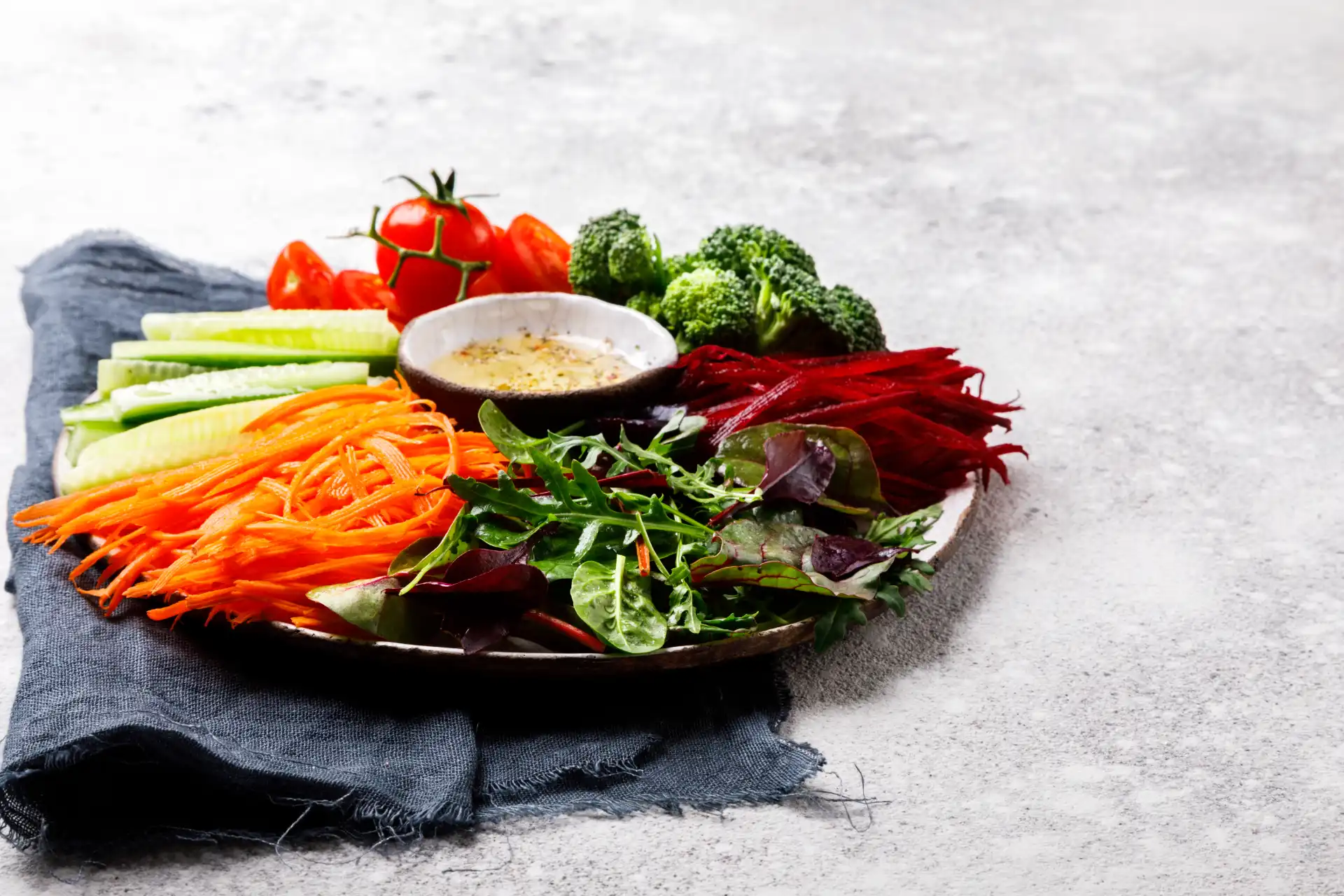The Connection Between Nutrition and Vision: Foods That Support Eye Health
When it comes to protecting your vision, most people think of eye exams and glasses — but your diet plays an equally important role. There’s a strong connection between nutrition and eye health, and eating the right foods can help preserve your sight as you age.
In this article, we’ll explore how nutrition affects your eyes and highlight specific vitamins, minerals, and foods that support long-term vision health.
Why Nutrition Matters for Eye Health
Your eyes, like the rest of your body, rely on nutrients to function properly and fight off damage. Antioxidants and anti-inflammatory compounds help protect your retina, lens, and macula from oxidative stress — a key factor in many age-related eye conditions.
A balanced diet not only fuels your vision but may also reduce your risk of developing conditions like:
- Age-related macular degeneration (AMD)
- Cataracts
- Dry eyes
- Night blindness
Learn more from the American Academy of Ophthalmology’s nutrition guide.
Top Nutrients That Support Vision
1. Vitamin A
Essential for maintaining a healthy cornea and improving night vision, vitamin A is one of the most important nutrients for your eyes.
- Found in: carrots, sweet potatoes, pumpkin, and leafy greens
2. Lutein and Zeaxanthin
These antioxidants protect the macula from blue light and oxidative damage, reducing your risk of AMD and cataracts.
- Found in: spinach, kale, broccoli, corn, and eggs
3. Vitamin C
A powerful antioxidant that helps prevent cataracts and supports overall eye tissue health.
- Found in: oranges, bell peppers, strawberries, and kiwi
4. Vitamin E
Vitamin E protects cells in the eyes from free radical damage and may slow AMD progression.
- Found in: almonds, sunflower seeds, peanuts, and avocado
5. Zinc
Zinc helps vitamin A create melanin, which protects your eyes. It also supports the retina and may reduce AMD risk.
- Found in: oysters, beef, pumpkin seeds, and chickpeas
6. Omega-3 Fatty Acids
Omega-3s are vital for tear production and retinal function, making them great for combating dry eye and supporting overall eye health.
- Found in: salmon, mackerel, chia seeds, flaxseed, and walnuts
Sample Eye-Healthy Daily Diet
To support your vision, try building your meals around the following choices:
- Breakfast: Scrambled eggs with spinach and a glass of orange juice
- Lunch: Mixed greens salad with grilled salmon, cherry tomatoes, and sunflower seeds
- Snack: A handful of almonds and carrot sticks
- Dinner: Roasted sweet potatoes with steamed broccoli and lean turkey
Hydration is also important — drink plenty of water throughout the day to support tear production and reduce dry eye symptoms.
Who Should Be Extra Cautious?
If you’re over 50, have a family history of macular degeneration, or smoke, it’s especially important to pay attention to your diet. You may also benefit from targeted supplements like the AREDS2 formula, but always consult your optometrist before starting any new supplements.
For deeper scientific research, check this study on nutrition and eye disease.
Final Thoughts
Your diet can directly impact how well your eyes function today — and how they hold up years from now. By understanding the link between nutrition and eye health, you can take smart, preventive steps to protect your vision for life.
If you’re interested in learning more about your personal eye health, schedule an eye exam at BridgeMill Eye Care. We’re here to guide you with personalized care and evidence-based tips for protecting your vision naturally.





